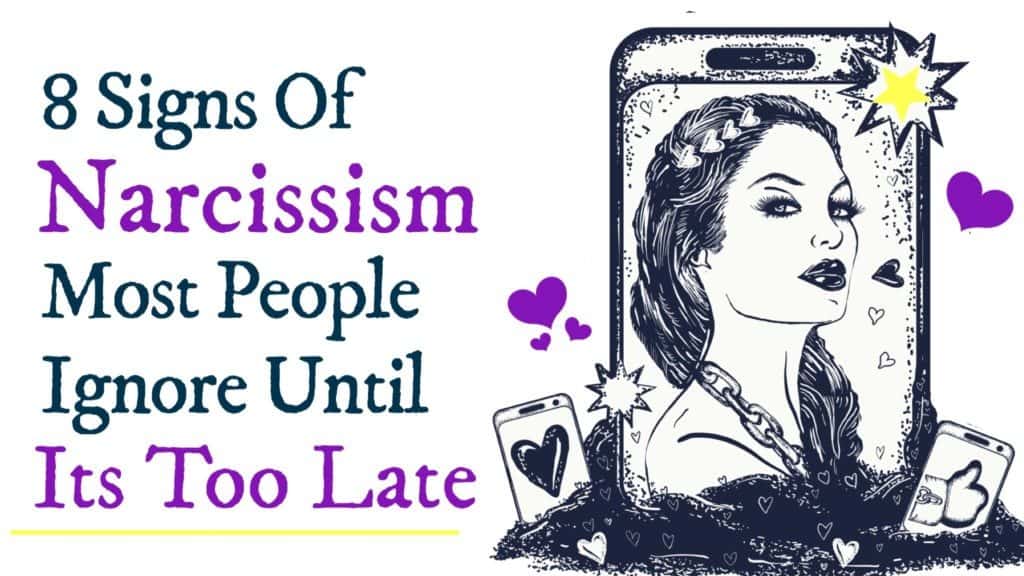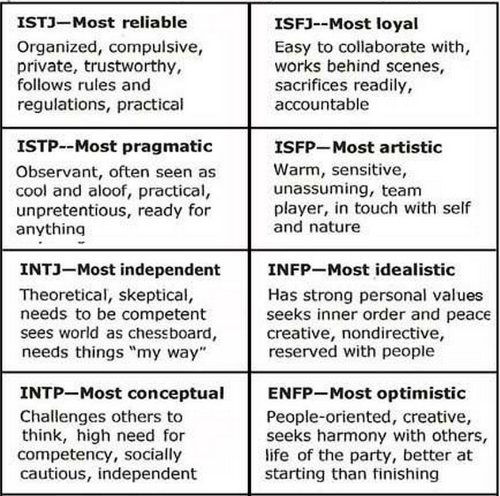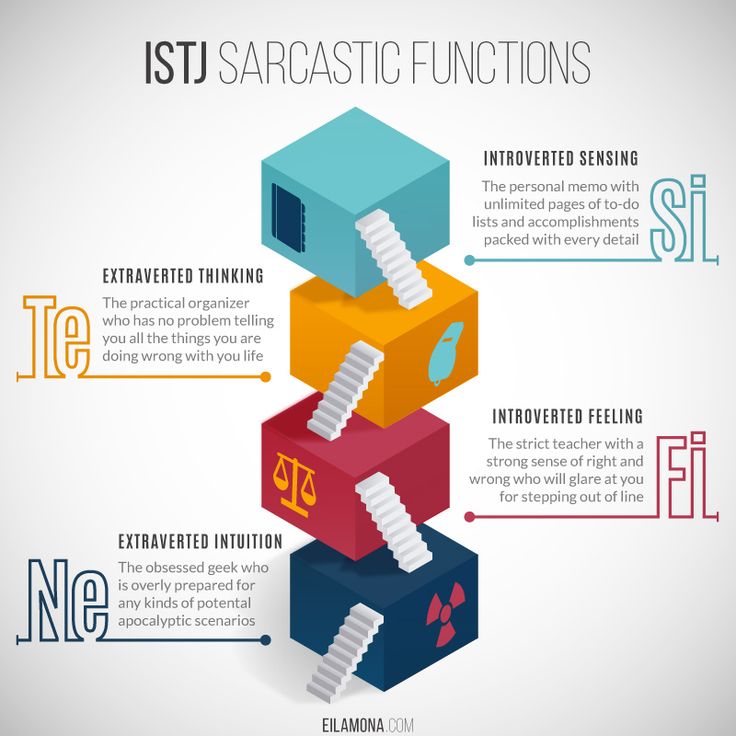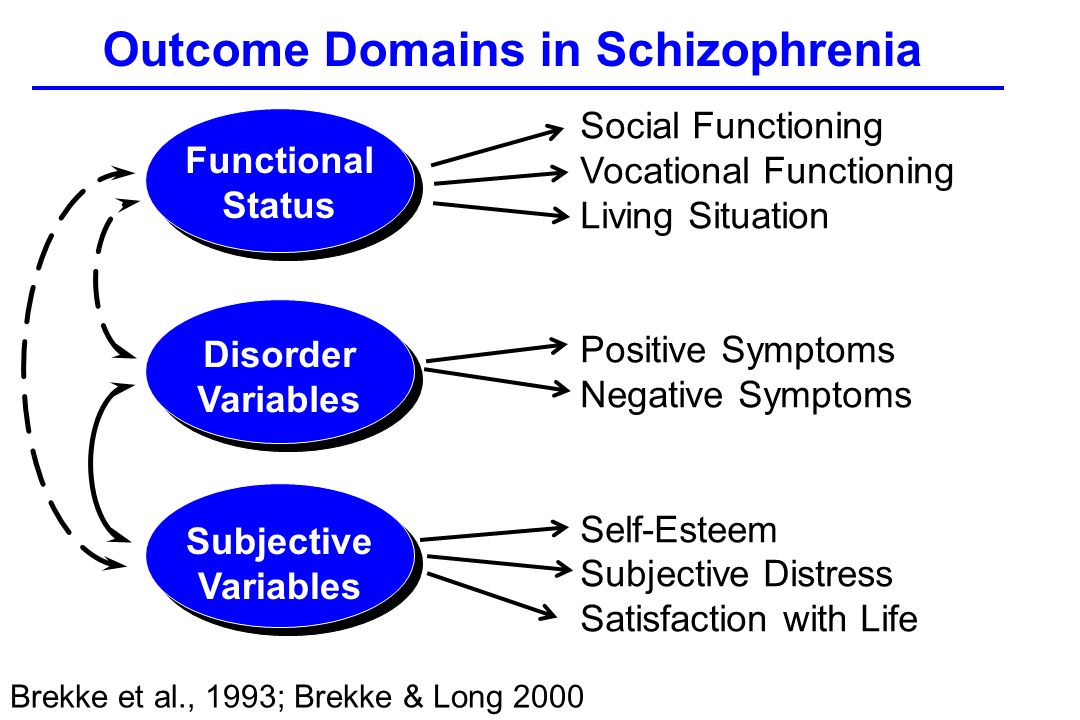Patience in a new relationship
This One Quality Can Do Wonders For Your Relationship
Whoever said 'patience is a virtue' was probably waiting in line for the best things in life and eventually landed up with them. It certainly doesn't imply getting what you want sans hard work and dedication. Patience as a virtue speaks volumes when you know how to practice it just about right.
Most relationships in today's day and age need the overpowering presence of a lot of patience. Let's face it; we're not our parents or our grandparent's generation anymore. We don't spend our lives chasing hurdles and living through them, we don't compromise easily on things and we certainly look for an easy way out, when we're running out of patience to deal with minuscule misunderstandings or fights in a relationship. Unlike the older generation, we are less forgiving and shrewder. We judge people and situations more vehemently and make snap decisions. We show apathy when we have to show kindness and we never really have the time to deal with anything disdainful, so we decide to leave or sweep things under the rug.
All this breeds impatience and affects the core of our being and eventually, affects our relationship.
A beautiful virtue that we need to learn from our grandparents and our parents would definitely be the art of holding on till the end. No matter how bad things got, they never left. They never showed apathy and they never ran out of patience. They absorbed till they could let everything go and their will power never gave up on them. They stood the true testament of patience, in tough times.
Can our generation even relate to that dynamic? Maybe not but we can definitely extract a few good things out of their experience and inculcate them n our beautiful relationships.
© Pexels
We're certainly not going to preach on how you should learn to be more patient but we will surely emphasise on how it makes the dynamic between two people, more worthwhile and befitting.
No one's really perfect. The concept of perfection is flawed, so you can look at it as subjectively as you want.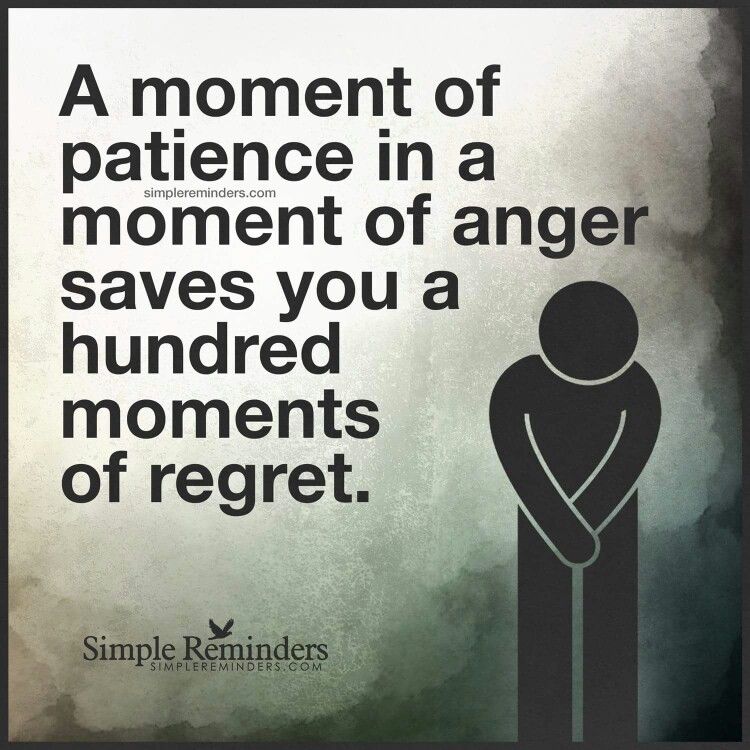 So it's absolutely okay to make mistakes and learn from them and move forward. This in fact, teaches us ample patience. And from patience comes resilience to feel everything without the negatives getting to you.
So it's absolutely okay to make mistakes and learn from them and move forward. This in fact, teaches us ample patience. And from patience comes resilience to feel everything without the negatives getting to you.
There are numerous reasons you may lose patience time and again with your partner.
In the beginning of any relationship, patience is very important. One person will always be ahead of the other on the love curve. One is always wavered or confused while the other is already waiting with bated breath to start their lives with you. If you're the one waiting, wait with a lot of hope and positivity. Let the other person gain a bit more perspective and get to where you are. It always pays to be patient in the beginning. Impatience can prove to you, that maybe you have not introspected enough before delving in to a relationship. Give yourself and the other person some degree of patience. Love will definitely flourish if you do.
Another reason could be you healing from previous relationships and the scars left behind probably tamper with your current relationship. Again, it's not your fault. Getting constant reminders from your past and acting out on them in your present is natural. What you can do is, try letting go of all the baggage that you have accumulated and heal instead. Communicating with your partner about past fears should be natural and healthy. It helps you heal and the healing will inevitably bring you lot's of patience to deal with the present and teach you to be more forgiving in your relationship.
Again, it's not your fault. Getting constant reminders from your past and acting out on them in your present is natural. What you can do is, try letting go of all the baggage that you have accumulated and heal instead. Communicating with your partner about past fears should be natural and healthy. It helps you heal and the healing will inevitably bring you lot's of patience to deal with the present and teach you to be more forgiving in your relationship.
© Thinkstock/Getty Images
You could also lose patience over busy lives you and your partner lead. Time is an outstretched, overrated concept and everyone tries their best to make as much of it as they can. If you're professionally busy lover is late for a dinner date, learn to understand it's absolutely okay if they are. Losing patience would only discourage their stride to work harder for a future they are trying to build, with you. Sooner or later, you will get all their time, if you're patient enough.
Patience in a relationship also stands the test of endurance.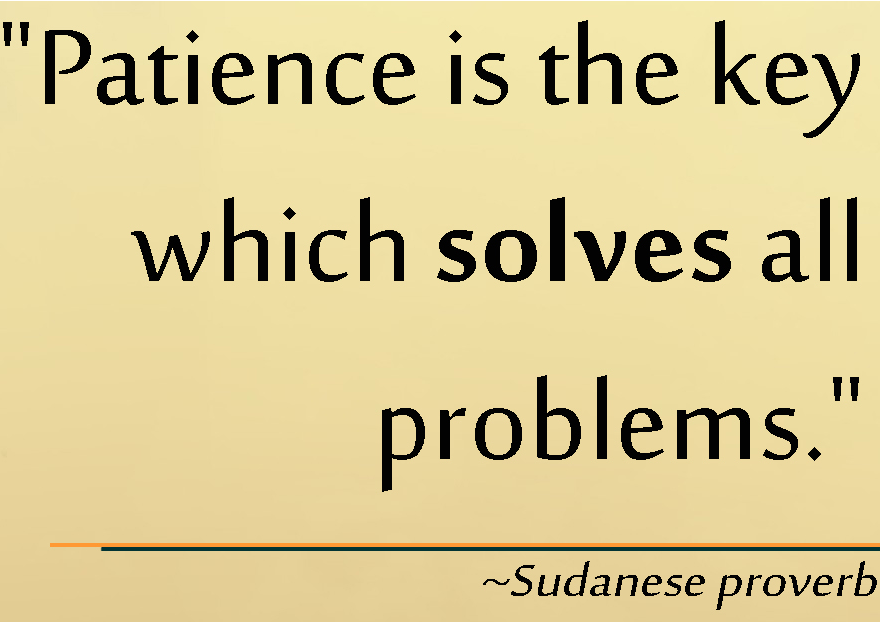 Patience is not about overlooking the other person's flaws and follies and letting go of them, or sweeping them under the rug. Patience teaches us to communicate healthily about the differences you see in their mannerisms, habits, incompatibilities or even negative indulgences and address them, sans the anger and negativity. It only helps encourage two people to open up and accept each other more willingly. For example if your partner likes to go a little overboard with drinking socially, understand why he or she would do that. Is it because they've had a long day and just need to unwind or is it because they genuinely like alcohol? Whatever your conclusion is, communicate it with your partner in the form of a discussion and not an argument. If they see that you understand something you don't like about them, patiently, they will begin to meet you halfway. It's a slow process but you have to understand the objective is not to change them but to address your concerns in a patient and healthy manner.
Patience is not about overlooking the other person's flaws and follies and letting go of them, or sweeping them under the rug. Patience teaches us to communicate healthily about the differences you see in their mannerisms, habits, incompatibilities or even negative indulgences and address them, sans the anger and negativity. It only helps encourage two people to open up and accept each other more willingly. For example if your partner likes to go a little overboard with drinking socially, understand why he or she would do that. Is it because they've had a long day and just need to unwind or is it because they genuinely like alcohol? Whatever your conclusion is, communicate it with your partner in the form of a discussion and not an argument. If they see that you understand something you don't like about them, patiently, they will begin to meet you halfway. It's a slow process but you have to understand the objective is not to change them but to address your concerns in a patient and healthy manner.
© Pexels
So the next time you see yourself losing patience and heading towards World War III with your SO, take a second to realise the consequence and the unworthiness of the negative situation. Maybe sleep over it? Refrain from angered texts and vocal conversations at that particular time. It just takes a moment to re-think your thought process and approach the situation differently and give your loved one the benefit of the doubt they deserve. Easier said than done, we know, but isn't patience truly the best remedy for every problem? Think about it!
Here are a few ways as to how we can practice patience-
1. Acceptance – All you need to do is accept them the way they are. Before acting on what they are doing or what they aren't, you need to understand that a person cannot change his or her basic nature completely and hence the only way to make peace with the situation is to accept the situation.
2. Communicate- Talk it out! Do not keep it to yourself and then become a volcano ready to erupt anytime.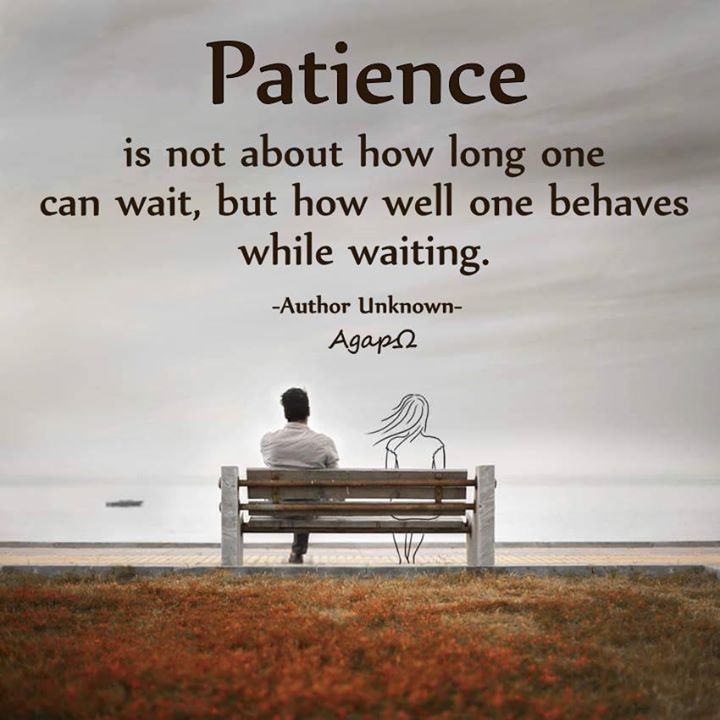 You need to emote by talking to each other and not by lashing out at each other. This way you'll be able to vent within time and wouldn't be frustrated by what your partner is doing.
You need to emote by talking to each other and not by lashing out at each other. This way you'll be able to vent within time and wouldn't be frustrated by what your partner is doing.
3. Listen- Always remember- it is you and her v/s. the problem and not you v/s. her. This will help you in being empathetic towards her and listening will bring you both towards a solution together rather than just focussing on the problem focus on the solution.
4. Allow your partner to be themselves- Let them be, there are things that you'd want to do without anybody poking you or abstaining you from it. So, let them be! Just let them be!
5. Learn to adjust and compromise- You can always expect your partner to adjust and compromise. You need to adjust too as- “it's not always rainbows and butterflies but a compromise that moves us along.”
Easier said than done, we know, but isn't patience truly the best remedy for every problem? Think about it!
But if we are one of those people who doesn't have patience at all- let's learn to grow patience for our partners to make our relationship work better.
How To Be Patient In A New Relationship
“How poor are they that have not patience!
What wound did ever heal but by degrees?”
–William Shakespeare
From Aristotle to Tolstoy, Plautus to Shakespeare, all great luminaries the world has ever known have emphasized patience as an ever treasurable virtue time and again, throughout centuries. Even Mahatma Gandhi went on to say “To lose patience is to lose the battle” and indeed, patience is the key to achieve anything professional or personal. Perseverance and dedication accompanied by just the right amount of patience can yield magical results leaving you surprised but coming to terms with reality, a lot of people do not seem to possess the golden virtue of patience. In a 21st century world characterized by overnight transformations and quick successes, most of us are not ready to devote time and patience to anything we do. Yes, time. If patience is one side of a coin, then, time has to be the other and they do run hand in hand, mutually supporting each other. And when it comes to your relationship, all kinds of it and specifically romantic ones, patience stands apart as an imperative quality for your relationship to blossom and mature into a beautiful flower that inspires many around you.
Yes, time. If patience is one side of a coin, then, time has to be the other and they do run hand in hand, mutually supporting each other. And when it comes to your relationship, all kinds of it and specifically romantic ones, patience stands apart as an imperative quality for your relationship to blossom and mature into a beautiful flower that inspires many around you.
Table of Contents
New Relationships and the importance of patience in them
The initial phase of your relationship is of paramount importance, since that is the time when you usually lay down the premise for something colossal, something that’s longevity is absolutely unknown to you. A new individual is more like “unpathed waters” and “undreamt shores”. The tendency of the majority of people during this period is to drop uncountable text messages, meet ever so frequently, give the most exciting of gifts to each other or bombard each other’s doorstep with flowers every other day. These are lovely acts of love that we always cherish, however, the process of gradually and carefully unravelling every minute detail about your partner, having intimate, vulnerable conversations on topics that they usually reserve for silent contemplations and hearing out each other with an open mind and an unfaltering patience can work beyond wonders.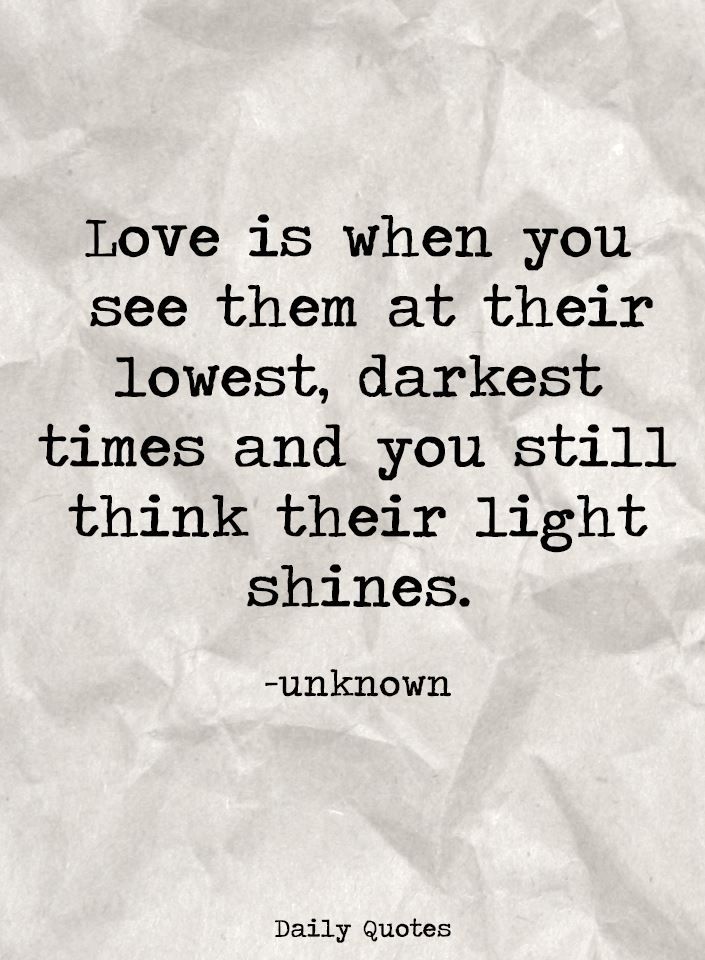
Reasons You Need Patience
Modern day relationships require the towering presence of patience which they most definitely lack, quite often. We live in a time where there are multifarious choices and all, quite competent ones. You do not like a phone or a job, a car or a house, you immediately go grab a new one and this approach to life has misguided far too many individuals in their relationships. This is because humans and material things function in a very different manner and we humans tend to equalize the two. You cannot determine whether you and your partner are compatible for a long journey in just a month’s time. No. That’s not how new relationships function.
Trivial fights and misunderstandings easily lead you to resort to irrevocable decisions and splits these days. In order to avoid them, we should subscribe to every bit of patience that there is, in all our cells. We do understand that you do not belong to your grandparents’ generation, nor is such unquestionable submission to your partner desirable or logical in today’s age but what you must try and emulate from them is the art of holding on to each other and never letting go of even the last glint of hope, no matter how bad it gets. You cannot afford to get impatient and apathetic towards your partner. Putting up an egoistic air can also cause irreparable damages to your budding relationships.
You cannot afford to get impatient and apathetic towards your partner. Putting up an egoistic air can also cause irreparable damages to your budding relationships.
Different Ways To Be Patient-
- Focus on your life too!
- Accept any situation as it is
- Communicate
- Avoid comparing
- No room for jealousy at all
- Discover new things about each other
Focus on your life too!
A new relationship fills you with butterflies of exhilaration and enchantment grips your veins. You are apprehensive as well as excited at the sudden mercy of cupid on you and with that heart of yours pounding with joy, you wanna give your heart and soul to the relationship. You are possessed by this irresistible urge to dedicate all the time and attention you have in the world to this new relationship of yours but that is not advisable at all. Tagore once said that if you want a lasting relationship which does not turn into a burden eventually, you will have to understand and establish your lover in the centre of this world and not place them outside of it because if you do so, you are separating a human from the organic world that he rightfully inhabits. Thus, divorcing your lover from the world is an artificial way to love, the consequences of which are catastrophic in most cases.
Thus, divorcing your lover from the world is an artificial way to love, the consequences of which are catastrophic in most cases.
You have a life of your own, your friends, work, family, hobbies and other inclinations which you should nurture and nourish rather than giving all of yourself to your relationship. A romantic partner enhances the beauty of your life for sure, but do not give them the power to complete you because you are a complete individual in yourself.
Accept it.
Acceptance is the best way out of any unpleasant situation in a relationship. A new relationship acts like an expository act of a drama, revealing to you so many unknown things about your partner. Accept them. Accept that they cannot behave or look in a certain way that you want them to. Try to come to terms with the fact that your partner might not be emotionally able to deal with fights in the same way that you do. The internal construct of a person cannot be changed because it is something they have internalized over years, so accept them the way they are and save yourself the burden of yet another impatience.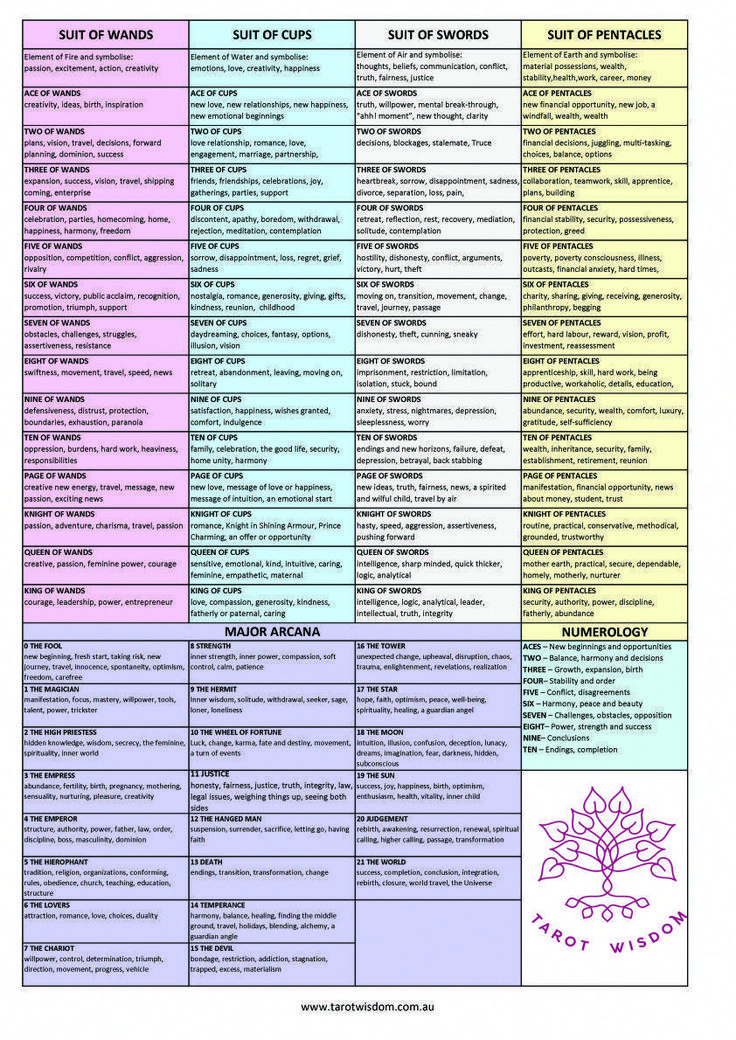
Communicate!
If you sense a dispute or a big fight coming your way, never keep it to yourself assuming that a thousand different things might have gone wrong. Just keep in mind that it’s always easier to discuss than to debate. Raise the topic that you think is bothering you or your partner and discuss the hell out of it so that it does not give rise to future misunderstandings.
Avoid comparing
Your relationship is definitely not your favourite jeans or a coffee mug that you compare it with anyone else’s. You can’t be panicking about why something that is happening in your friend’s relationship is not happening in yours. That’s utterly silly and strictly decline giving food to any such stupid thought. Every new relationship moves at its own pace and takes its own time to mature.
No Room For Jealousy at all
If you and your partner are on social media and follow each other, it’s very likely that you will come across their posts.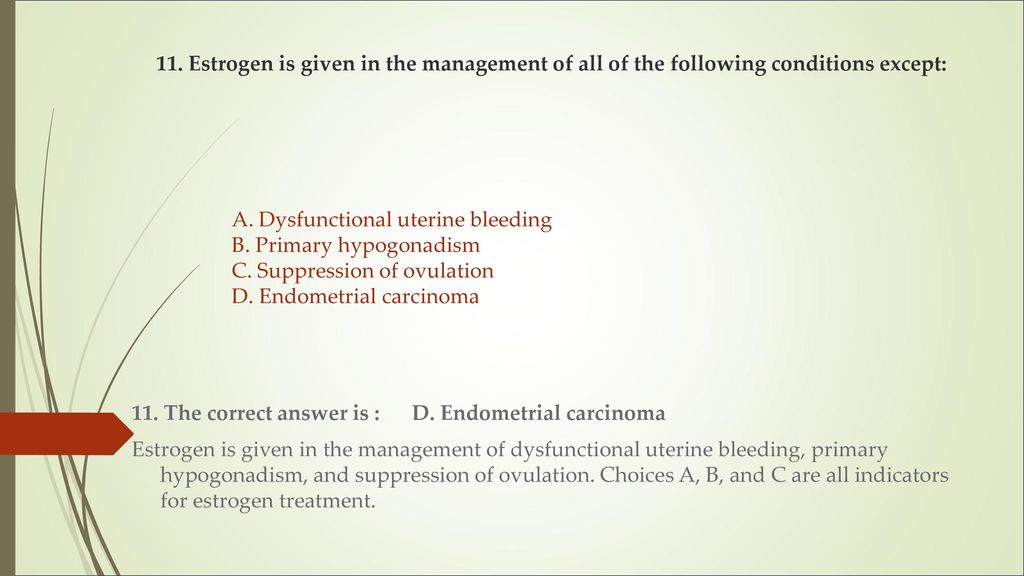 Do not get obsessed however, with who’s commenting and who’s reacting and do not question everything that’s there on their handles. Their commitment to you does not necessarily mean you are possessing them even slightly. Have faith in your partner, have faith in the person that they are, not what they portray to be on social media or elsewhere. Provide them with ample personal space that a human being needs, to evolve over time. Jealousy drives you insane and therefore avoid it as much as possible, especially when your relationship is new.
Do not get obsessed however, with who’s commenting and who’s reacting and do not question everything that’s there on their handles. Their commitment to you does not necessarily mean you are possessing them even slightly. Have faith in your partner, have faith in the person that they are, not what they portray to be on social media or elsewhere. Provide them with ample personal space that a human being needs, to evolve over time. Jealousy drives you insane and therefore avoid it as much as possible, especially when your relationship is new.
Discover new things!
A very significant step of every new relationship is to discover endless things that just you two know about each other and the world is unaware of. Suppose you love gardening so much that you would buy all plants if you could have it your way and she hates the red roses you are planning to give her and loves orchids, instead. Now,these are situations that make your relationship more interesting because although you like each other, you do not know each other a lot.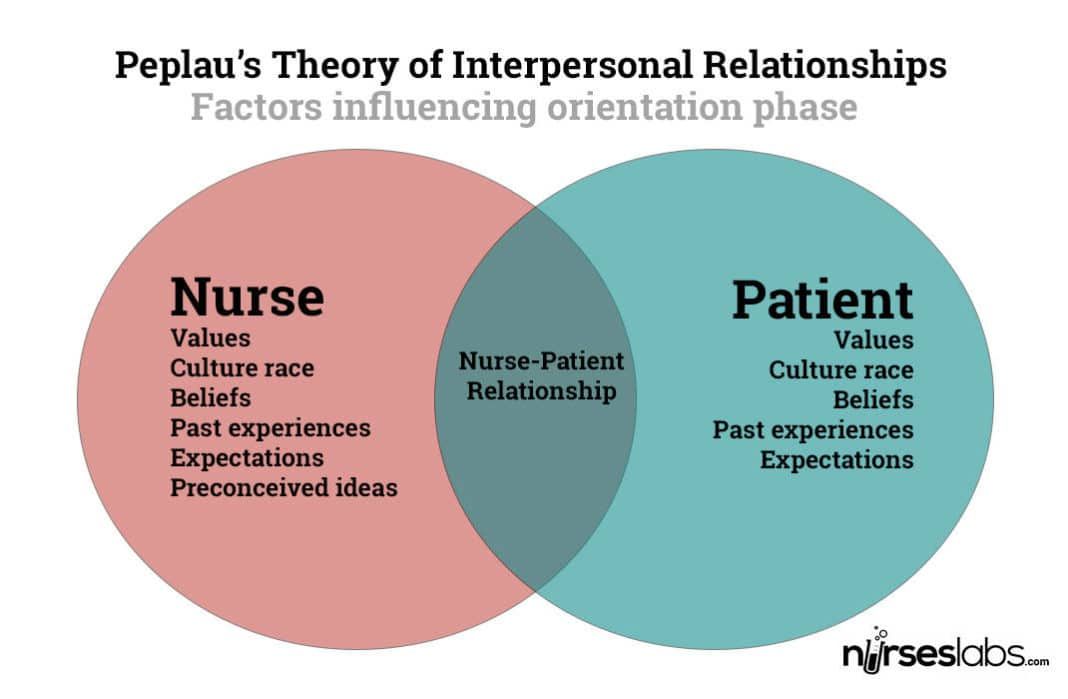 This also involves a lot of guess-work which is funny and exciting at the same time. You eventually come to know each other through a series of questions and patient discussions that helps the bond grow stronger.
This also involves a lot of guess-work which is funny and exciting at the same time. You eventually come to know each other through a series of questions and patient discussions that helps the bond grow stronger.
Although easier said than done, patience truly simplifies every other problem emerging in a new relationship and is thus, a virtue that people should resort to whenever they see things falling apart due to impatience. It does take some adjustments and a calm mind to practice patience, but we should remain focused on working towards it and practising it better.
Just reading doesn’t help? Want more effective solutions? No worries. Download the Evolve App and you’ll surely find better ways to deal with your impatience issues. Hope you have a great relationship ahead!
Damayanti Dubey
Damayanti Dubey is a final year English major at Loreto College, Kolkata. She is a writer by passion and loves to indulge in languages, especially English, Bengali, and Urdu. She aims at exploring all of their intricacies and nuances. Damayanti is a disciple of Padma Bhushan Pandit Ajoy Chakraborty and is a national scholar of Indian classical music. She has always believed that a sound mind, free from the clutches of regressive and negative thoughts is the key to living a healthy life and makes efforts to promote mental wellness through the power of her words.
She aims at exploring all of their intricacies and nuances. Damayanti is a disciple of Padma Bhushan Pandit Ajoy Chakraborty and is a national scholar of Indian classical music. She has always believed that a sound mind, free from the clutches of regressive and negative thoughts is the key to living a healthy life and makes efforts to promote mental wellness through the power of her words.
Damayanti believes in thinking beyond boundaries.
5 things you shouldn't tolerate in a relationship. Never
1. You are not a priority for a partner
As it usually happens: love literally knocks you off your feet, my partner and I completely immerse ourselves in each other, forgetting about friends, family, hobbies, and only with time everything comes into balance. Usually, but not always.
If you have just started dating, and your partner spends as much time with friends as before, “squeezing” meetings with you into his busy schedule (not only work, but also personal), this should alert you: perhaps your feeling not mutually or you are not passionate enough to drop things and rush to a meeting.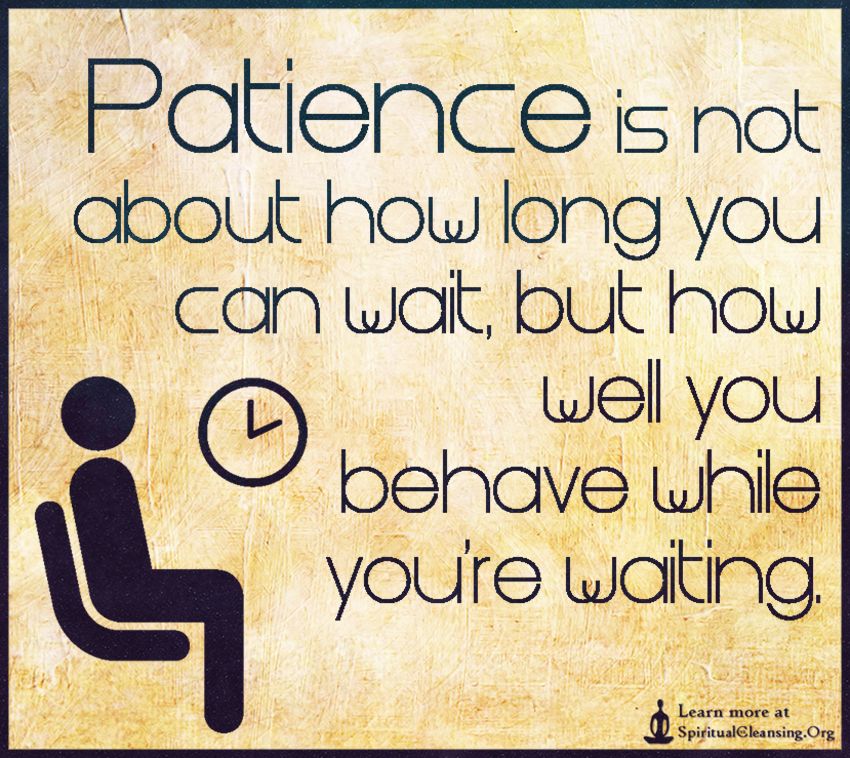 nine0005
nine0005
When someone is a priority for us, we care about his or her emotional needs, desires, conditions; in a healthy relationship, a space is formed that is safe for both, and what kind of security can we talk about if we feel rejected?
2. Emotional, verbal or physical abuse
As a rule, everything begins with subtle signals: it suddenly turns out that it is important for a partner to know who you are talking to and seeing (and if you agree to meet friends, this can cause misunderstanding and resentment ), whose photos you like and comment on social networks. nine0005
Then they start making fun of you “harmlessly”, pressing on your sore spots, and if you try to resist, they say that you made it all up and you shouldn't be so sensitive/so touchy. Alas, when we are in love, such things are easy to forgive. It's easy to believe that it's really our fault - we ourselves pissed off", "brought it up, said something wrong, dressed wrong.
Self-confidence is fading before our eyes, we reassure ourselves that we are not “really” offended, and even if a partner raises a hand against us, we convince ourselves and those around us that this is the first and last time.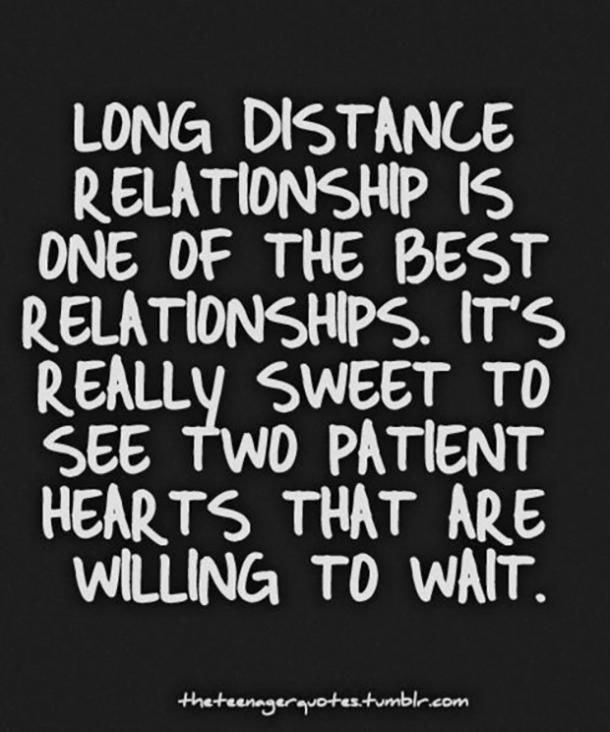 The only thing you need to know about such relationships is that you need to get out of them as soon as possible. Ideally, with the support of those you trust. nine0005
The only thing you need to know about such relationships is that you need to get out of them as soon as possible. Ideally, with the support of those you trust. nine0005
3. Belittling your aspirations and goals
It is impossible to build a healthy and happy relationship with someone who does not "cheer" for us, does not want us to succeed in what we do, what we strive for; who tells us that our dreams are “unrealistic” and that we should, for example, look for a “normal job”. There is a huge difference between constructive criticism and caustic comments, condemnation and exhortations to give up, give up.
4. Signs of attention to others
Imagine a situation: you are on a date with a man you like a lot, and he shamelessly flirts with a waitress. It's unpleasant, isn't it? And if you are not just dating this man, but are trying to build a family? And this happens all the time? nine0005
This, again, is about caring for the feelings of another - or rather, about his complete absence. There are many dazzlingly beautiful men and women in the world, but, having fallen in love with someone, it is important to remain faithful to him both physically and emotionally. This, in fact, is the whole point, unless, of course, otherwise was originally agreed in your pair. Lack of respect you, and without it you can’t build a trusting, deep relationship. nine0005
There are many dazzlingly beautiful men and women in the world, but, having fallen in love with someone, it is important to remain faithful to him both physically and emotionally. This, in fact, is the whole point, unless, of course, otherwise was originally agreed in your pair. Lack of respect you, and without it you can’t build a trusting, deep relationship. nine0005
Yes, relationships involve compromise, but this does not mean that you have to endure pain and put up with what is unpleasant for you, constantly adjust and infringe on yourself in some way. There can be many partners, but life is one, so stop ignoring the alarm bells and enduring unacceptable behavior simply because you are afraid to be alone.
Make your own list of things you absolutely cannot put up with and promise yourself that you will find a partner who will treat you the way you deserve. nine0005
Enough is enough for me: how to cross the threshold of patience
How the power of negative emotions pushes you beyond the threshold of patience and helps you make the right decision and decide on changes
What do you have to “endure” in your life? Traffic jams? Boss's tediousness? Climate disadvantages? The whims of a child?
Finished reading here
Of course, we have learned to simply not take some of these situations to heart - or even make them more pleasant for ourselves, since they are impossible to avoid anyway.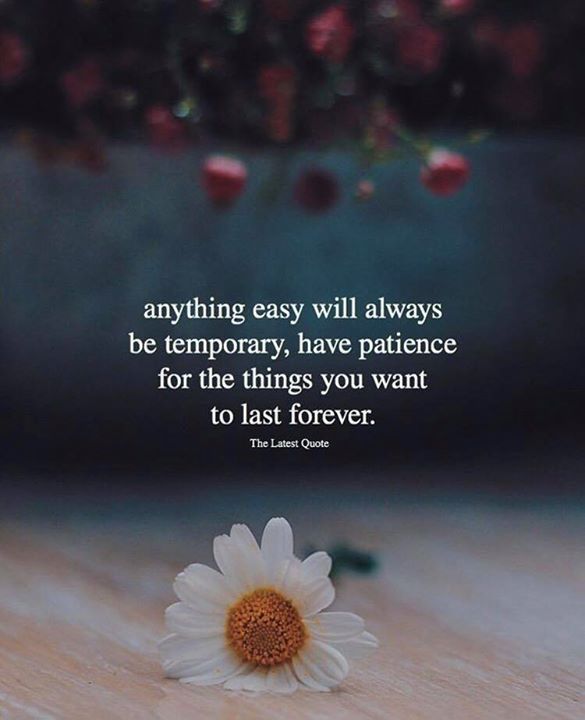 And the other part was sent to us to train the ability to defend our borders and defend our interests. nine0005
And the other part was sent to us to train the ability to defend our borders and defend our interests. nine0005
What does the threshold of patience signal us? How to recognize the signals of the approaching threshold (one's own and another's)? How can it be "moved"? And should it be done?
The threshold of patience is not only an unambiguous signal of discomfort, but also a very strong internal motivator.
Threshold is a state when a person says: "That's enough, I've had enough. I won't tolerate this anymore!" Under the influence of this state, we go to serious changes in our lives or internal breakthroughs in the development of personality. And, it should be noted that this type of motivation (“I can’t stand it anymore”) is much more characteristic of the Russian mentality than the “sugar” prospects in the Future, for which I am ready to work in the Present. nine0005
nine0005
And each of us has a different level of patience: whether we “get stuck” in spite of dissatisfaction, or whether we run away like scalded at the first sign of disappointment. People who get stuck do not know how to make decisions about passing the threshold. They usually wait for someone else to cross the threshold and end the situation. The opposite extreme is a person who crosses the threshold “like clockwork”. He may have many former friends, former wives, former hobbies and former jobs.
From the outside, reaching the threshold of patience can look not just emotional, but sometimes even destructive. A seemingly calm and unflappable person suddenly "explodes", banging his fist on the table or slamming doors, declaring to others his resolute "No" or even "Fuck you! .." But all this is just the tip of the iceberg. nine0005
In fact, reaching the threshold is a long and thorny path, often full of doubts, hesitation, self-consolation, attempts to maintain the current state of affairs.
And, of course, the more important and responsible decision is made, the longer will be the period of time from the first fleeting thought to the real "slamming the door".
Psychologists divide the process of making any important decision into three stages. The first is the gradual achievement of the “threshold”, when a person comes to the thought more and more insistently: “I don’t want to endure this anymore!”, but still does it. The second stage is the crossing of the threshold, when he says: “Enough! It's too much! I've had enough!" The third stage is figuring out what to do next. nine0005
Imagine that you make a promise to yourself to stop eating after six in the evening... And somehow you keep raiding the refrigerator. This means that you have not yet crossed the threshold - you have not "scared" yourself enough with your excess weight.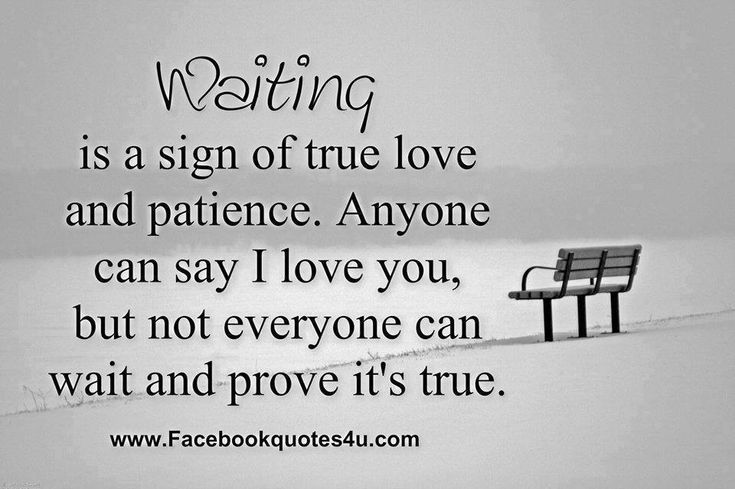 But one day you are going to a party and suddenly realize that none of your favorite dresses no longer look good on you (or even do not fasten at all). A sign of a passed threshold is when you say to yourself “Enough!”, and it is no longer difficult for you to follow the decision made. nine0005
But one day you are going to a party and suddenly realize that none of your favorite dresses no longer look good on you (or even do not fasten at all). A sign of a passed threshold is when you say to yourself “Enough!”, and it is no longer difficult for you to follow the decision made. nine0005
After you had to take your car to service for the third time in the last six months, you bought a new one. Or the person you trusted deceived you so seriously that you stopped believing him forever. When you get another undeserved critique from your boss, or you get a ride on a previously promised project, you decide it's better to go through the risk and hassle of changing jobs than staying where you are. The third stage can be considered successfully completed when you have already found a new job and feel relieved that you no longer have to face the same inconvenience. nine0005
In the first stage, people can move towards the threshold and back, depending on what emotions they now outweigh - whether they see more pluses or minuses in the current situation. In a fit of a quarrel with a loved one, for example, people can come very close to the threshold, but then cool down and remember that the partner has a lot of virtues, or find some justification for what happened, or suddenly get scared of loneliness, etc. And then the pluses will again become a priority, and the person again moves away from the threshold. This can go on for months or even years. nine0005
In a fit of a quarrel with a loved one, for example, people can come very close to the threshold, but then cool down and remember that the partner has a lot of virtues, or find some justification for what happened, or suddenly get scared of loneliness, etc. And then the pluses will again become a priority, and the person again moves away from the threshold. This can go on for months or even years. nine0005
When it comes to the relationship of spouses, slowly but surely moving towards parting, one day they have a phase of expectations. What used to be appreciated is no longer noticed. It is starting to be taken for granted. There are more complaints than compliments and thanks. People begin to notice, rather, what is not, rather than what is. Once it was significant that the husband comes home on time. Now it only matters when he's late. The absence of the desired behavior begins to equate to cooling, indifference and dislike. Perception filters change, and examples for disappointment appear and accumulate in both partners. nine0005
Perception filters change, and examples for disappointment appear and accumulate in both partners. nine0005
Mechanisms for the accumulation of negative examples here can be very different. Someone literally "weighs" the pros and cons, someone hears inside himself the voice of indignation of ever-increasing volume.
Often people compare pictures within themselves - ideas of what they would like or expect to receive, with what is happening in reality. These pictures can also be generated in various ways. Sometimes this is your presentation of what your partner promised you at the beginning of this relationship. Sometimes, something that was promised by someone else, but since then you have taken it for granted. It happens that this is a film made up of pieces of your favorite melodramas or even children's fairy tales. nine0005
For some people, on the contrary, the pictures depict ideas of what should not be in their relationship . So if they see the coincidence of their terrible pictures with the events actually taking place in their lives, this brings them closer to the threshold. There are also those who recall pictures of their still unfulfilled dreams and understand that the current relationship will not allow him to fulfill these dreams.
So if they see the coincidence of their terrible pictures with the events actually taking place in their lives, this brings them closer to the threshold. There are also those who recall pictures of their still unfulfilled dreams and understand that the current relationship will not allow him to fulfill these dreams.
And then one day you can accumulate within yourself a sufficient number of convincing examples of non-compliance with the desired. One day you suddenly see all at once these pictures, and then your patience ends. In this case, it seems to an outside observer or your partner that you quarreled because of nonsense. He did not know that this was the last straw, and that you have been hoarding these examples for many years. Another way is when you come across one single, but VERY convincing illustration, which you are no longer able to erase from memory or somehow fit into your life.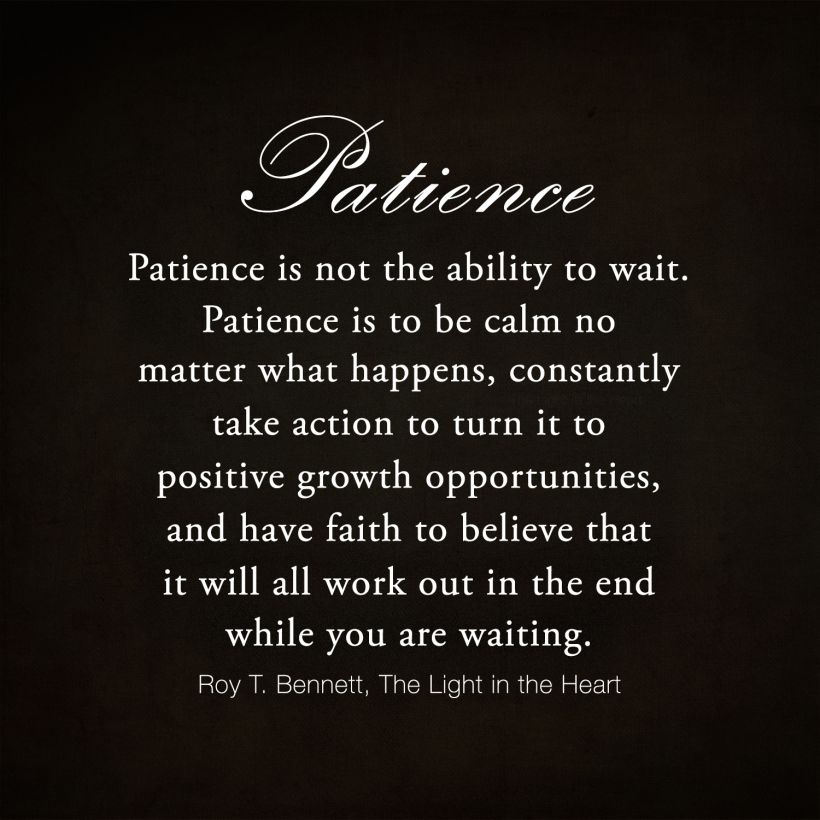 The third possibility of crossing the threshold of patience is to endure some critical amount of time for you, and then realize that you do not want to spend another minute on it. And it's not just about accumulating examples in the past . At a certain point, you begin to understand that this will repeat itself and in the future , again and again. You see it in all colors and in the most unsightly details, and it forces you to make a "fatal" decision.
The third possibility of crossing the threshold of patience is to endure some critical amount of time for you, and then realize that you do not want to spend another minute on it. And it's not just about accumulating examples in the past . At a certain point, you begin to understand that this will repeat itself and in the future , again and again. You see it in all colors and in the most unsightly details, and it forces you to make a "fatal" decision.
Do you always have alternative options at hand that suit you? - No. Sometimes you are not ready to go nowhere and suddenly lose important resources for yourself.
In this case, you can try to “twist” the same “mechanisms” in your head. The volume of the crying voice inside can be muffled, outrageous pictures can be recolored, moved away, the focus of attention changes in them, and what seemed unreal, as it were, is outlined in a different frame and becomes quite acceptable.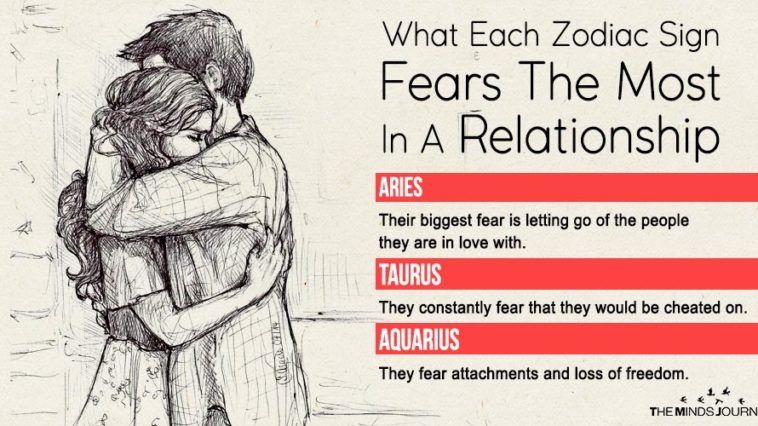 As a result, we conclude with itself a new contract that until everything will remain as it is.
As a result, we conclude with itself a new contract that until everything will remain as it is.
But here it is also very important not to go too far. For example, I'm working quite a lot on the issue of domestic violence now, and I can see very clearly these mood swings, this internal struggle to leave things as they are. To bend, to find excuses, to believe in new promises - just not to go into the "dark abyss" of an independently made decision. It seems to many people much easier to push their limits of patience than it is to dare to openly defend these limits. nine0005
A critical eye allows you to soberly assess the situation, see some pitfalls, regularly measure the "level of happiness in the blood." And in time to make decisions about whether our life flows in the right direction. On the other hand, the ability to push back the threshold of patience allows us to be flexible, step over petty grievances and forgive a partner for his tiny shortcomings.
It is important to remember that after making this decision, when the last match has burned out, an incredible sense of relief awaits you. Not only because you finally have much better prospects for the Future, but also because your Present ceases to be so painful. This endless internal masochism of despair and fear stops bringing you to white heat, you no longer worry about what decision you need to make. nine0005
Actually, emotional intensity itself is a saving mechanism by which your psyche gives you a "magic pendel".
The power of negative emotions pushes you beyond the threshold of patience, no matter what horrors you intimidate yourself and keep from making a decision. And, by the way, the same mechanism makes us, at times, remember the offense for a long time - in order to remind ourselves that this is not the way with us, that we cannot tolerate and forgive this.

